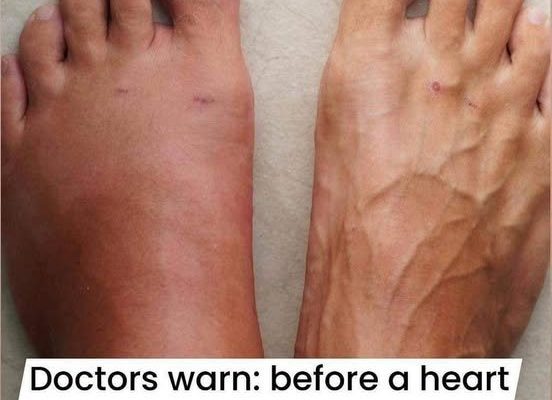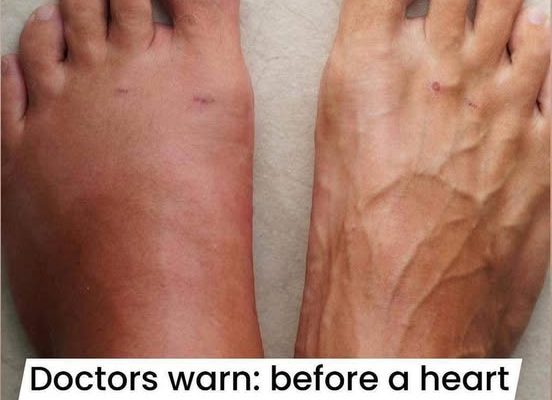A month before a heart attack, your body will warn you of these 7 signs
Nowadays, most people lead busy lives and are forced to follow hectic schedules. This can easily cause stress, which later leads to more serious health issues. The food most Americans consume, fast food, is also a factor which negatively affects the quality of life. A great number of Americans struggle to maintain healthy weight and obesity is an issue many face.
One of the consequences of the above mentioned is a heart failure, or heart attack. In fact, heart attack is number one cause of death in America.
According to some research, the body knows if a heart attack is about to take place and is trying to warn us.
Some of the symptoms we should pay attention to and try to treat as fast as possible are the following:
1. Fatigue
Being extremely tired, sleepy, exhausted or lacking energy to perform even the slightest of tasks can be a sign of fatigue. One of the reasons it may affect a person are the lowered levels of blood that go to the heart. This usually takes place when arteries get narrowed. Fatigue can easily happen if someone experiences heart issues.

2. Shortness of breath
The shortness of breath happens when the lungs don’t get the appropriate levels of oxygen needed for a proper function of the body. If you or someone you know experiences shortness of breath it is for the best to consult a doctor because it may be a sign of a potential heart attack.
3. Weakness
If you start experiencing weakness all of a sudden because of a an unknown reason your body might want to remind you to take things slowly and reconsider your lifestyle.
4. Dizziness and Cold Sweats
Both dizziness and cold sweats can be a result of poor circulation, something that must not be ignored.
5. Flu or Cold-like Symptoms
A great number of people who have experienced heart attack say that they developed flu-like symptoms mere days before the attack took place.
6. Chest Pressure
A common symptom of heart attack is the chest pressure one might experience. This pressure will constantly increase until the attack itself happens.

Towfiqu barbhuiya/ Pexels
7. Swollen Feet
If you have congestive heart failure, one or both of your heart’s lower chambers lose their ability to pump blood effectively. As a result, blood can back up in your legs, ankles and feet, causing edema.
If you are interested to learn more about heart-attack and some of the symptoms which pre-follow this condition go to the video below in which Dr. Travis Stork speaks on the Symptoms of Heart Attack.
In addition, check out another useful video about Heart Attack Cough (Self Aid) Demonstration.
Please SHARE this article with your family and friends on Facebook! Who knows, these videos may help


